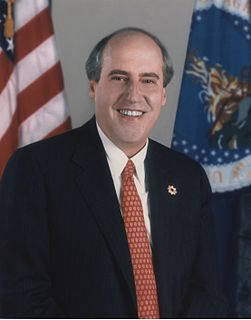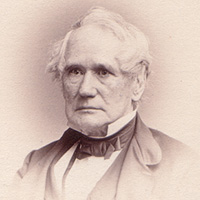A Quote by Wendell Berry
The people who benefit from this state of affairs have been at pains to convince us that the agricultural practices and policies that have almost annihilated the farming population have greatly benefited the population of food consumers. But more and more consumers are now becoming aware that our supposed abundance of cheap and healthful food is to a considerable extent illusory.
Related Quotes
Many agricultural counties are far more important in the life of the State than their population bears to the entire population of the State. It is for this reason that I have never been in favor of restricting their representation in our State Senate to a strictly population basis. It is the same reason that the founding fathers of our country gave balanced representation to the States of the Union, equal representation in one House and proportionate representation based upon population in the other.
We need to realize that these industrial methods of farming have gotten us used to cheap food. The corollary of cheap food is low wages. What we need to do in an era when the price of food is going up is pay better wages. A living wage is an absolutely integral part of a modern food system, because you can't expect people to eat properly and eat in a sustainable way if you pay them nothing. In fact, it's cheap food that subsidized the exploitation of American workers for a very long time, and that's always been an aim of cheap food.
Eating is an agricultural act. Eating ends the annual drama of the food economy that begins with planting and birth. Most eaters, however, are no longer aware that this is true. They think of food as an agricultural product, perhaps, but they do not think of themselves as participants in agriculture. They think of themselves as 'consumers.'
?Using his burgeoning intelligence, this most successful of all mammals has exploited the environment to produce food for an ever increasing population. Instead of controlling the environment for the benefit of the population, perhaps it's time we controlled the population to allow the survival of the environment.
If old consumers were assumed to be passive, then new consumers are active. If old consumers were predictable and stayed where you told them, then new consumers are migratory, showing a declining loyalty to networks or media. If old consumers were isolated individuals, then new consumers are more socially connected. If the work of media consumers was once silent and invisible, then new consumers are now noisy and public.
City farming is not only possible, it is the very definition of the kind of meaningful, sustainable innovation we will need to meet the grand challenges of the 21st century: climate change; population growth; ageing population; urbanization; rising demand for energy, food and water; poverty; and access to healthcare.






































